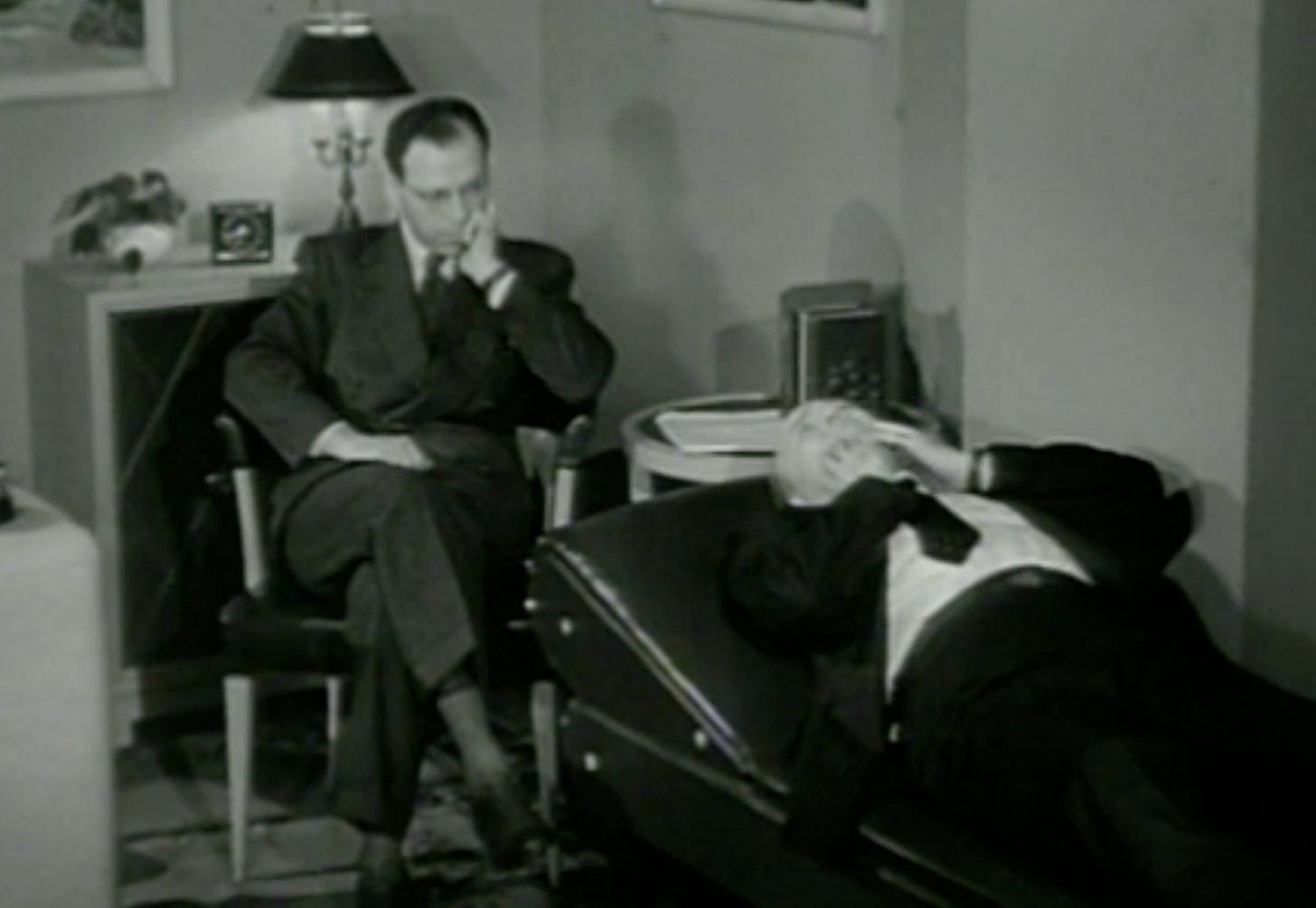The Truth About Therapy, Part II: Therapy Is Less Effective Than You Think
Is going to therapy worth it?
Confess any problem to someone today, and the advice you'll almost inevitably receive is, "You should go to therapy."
Depressed? Go to therapy.
Anxious? Go to therapy.
Marriage troubles? Go to therapy.
Feeling worried about work? Go to therapy.
Experiencing tension with your parents? Go to therapy.
Not exactly unhappy, but think you could be happier? Go to therapy.
As I discussed in the first part of this two-part series, after hearing this modern mantra of mental health so often, I sought out a therapist who might be able to help me get a handle on my occasional bouts of melancholy. But as I shared, the process of finding someone helpful to talk to turned out to be far more frustrating than I’d imagined — certainly more challenging than the casual advice to "just go to therapy" would suggest.
This raises a critical question: Is the hunt for a good therapist even worth it? Is therapy actually effective? Is it really the cure-all for life's problems that our culture increasingly claims it to be?
After years spent personally slogging through the world of therapy — and digging deep into the research — I’ve reached some surprising conclusions.



